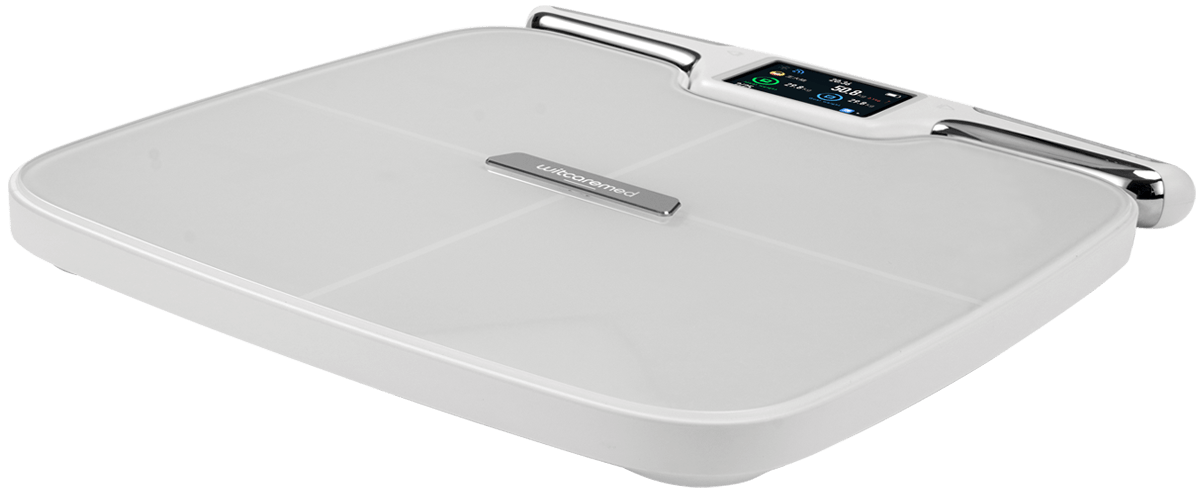In the realm of healthcare, the sequential health data collection plays a pivotal role in enhancing patient care and outcomes. By systematically gathering and analyzing data over time, healthcare providers can gain valuable insights into a patient's health status, treatment effectiveness, and overall well-being.

The Significance of Longitudinal Data
Longitudinal data, which involves collecting information from the same individuals over a period of time, offers a comprehensive view of a patient's health journey. This type of data allows healthcare professionals to track changes, identify trends, and make informed decisions about treatment plans. For example, by monitoring a patient's blood pressure readings over several months, a physician can adjust medication dosages or recommend lifestyle changes to better manage hypertension.
Enhancing Personalized Medicine
One of the key benefits of sequential health data collection is its ability to support personalized medicine. By analyzing a patient's data over time, healthcare providers can tailor treatment plans to individual needs and preferences. For instance, genetic testing combined with longitudinal data on a patient's response to different medications can help determine the most effective and least harmful drug for a particular individual.
Improving Chronic Disease Management
For patients with chronic conditions such as diabetes or heart disease, sequential health data collection is essential for effective disease management. By regularly monitoring key indicators like blood sugar levels or cholesterol levels, healthcare providers can intervene early, prevent complications, and optimize treatment strategies. This proactive approach can lead to better outcomes and improved quality of life for patients.
Empowering Patient Engagement
Another important aspect of sequential health data collection is its role in empowering patients to take an active role in their healthcare. By providing patients with access to their own health data, such as lab results, medication history, and lifestyle tracking, individuals can better understand their conditions, set goals, and make informed decisions about their health. This increased engagement can lead to better adherence to treatment plans and ultimately, improved health outcomes.
In conclusion, the sequential health data collection is a valuable tool in modern healthcare that can significantly impact patient outcomes. By leveraging longitudinal data, personalized medicine approaches, chronic disease management strategies, and patient engagement initiatives, healthcare providers can deliver more effective, efficient, and patient-centered care. As technology continues to advance, the importance of data collection in healthcare will only grow, paving the way for a future where every patient receives the personalized care they deserve.








